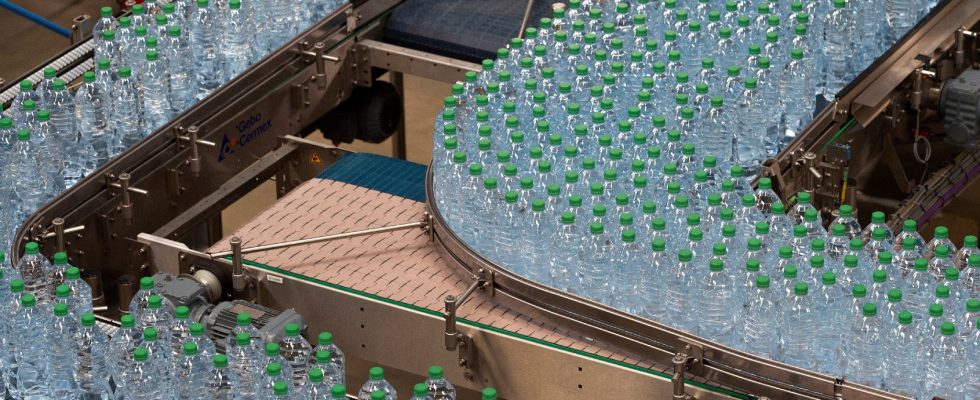The value of tomorrow is realized in partnership with Zonebourse.com
Tomra operates in a market that is little known in France, but its equipment is ubiquitous around the world. This Norwegian company was born in 1972 with the installation of the first RVM system in a supermarket in Oslo, in other words a sorting machine with gratuity. These large machines, visible in the car parks of large food stores, offer a small fee in exchange for recycling glass and plastic bottles, or aluminum cans. This model is widespread in several northern European countries. In France, it comes up against fears of financialization of recycling and loss of earnings for traditional sectors overseen by local authorities.
Tomra has built its model on its 80,000 machines currently dedicated to individual collection, and on the economy of reverse automatic distribution, that is to say the recovery of returnable containers. The group puts forward unstoppable statistics: in Europe, deposit systems have much higher recycling rates than traditional systems. Until the beginning of the 21st century, Tomra generated all of its income from collection and recycling. From 2004, the “sorting solutions” activity made its appearance in the turnover. As part of its own industrial needs, Tomra has indeed developed optical sorting technologies.
The objective was to better identify the recovered materials in order to make the most of them. These solutions were then offered to collection players, from household waste specialists to construction giants, via industry and textiles. A winning bet since in 2019, the collection and sorting solutions divisions generated as much revenue as each other. The success of sorting technologies has been extended to the food sector, to calibrate and classify several types of foodstuffs, in particular fruits and vegetables.
Considerable market shares
From now on, Tomra rests on three pillars. Collection (51% of turnover in 2022) remains the core business, ahead of food sorting (30%) and recycling sorting (19%). With such a pedigree, the group can do without a firm specializing in greening to tell its story: its business is at the heart of the circular economy and the optimization of resources. All with considerable global market shares, ranging from 25% for sorting fresh food to 70% for automated lockers. This strategy has guaranteed average sales growth of over 10% per year over the past ten years, a sign of a well-oiled machine. The momentum was reinforced by regular and often relevant acquisitions, which did not unreasonably weigh down the balance sheet, since the coverage of the debt by the profits remains very correct. These external growth operations did not affect profitability either, with an operating margin that remained around 13% over the same period.
In the last financial year, turnover reached 12.2 billion Norwegian kroner, or just over 1 billion euros. Tomra is therefore a medium-sized multinational, but its sectoral footprint is considerable. Valuation multiples are in tune with asset quality. An investor who positions himself now pays about 30 times the results that are expected in 2024. The multiple is high although it is lower than the historical average (close to 40 times). It reflects the company’s unique positioning in a market naturally supported by tighter environmental regulations and the climate countdown: the way things are going, there could be more plastic than fish in the oceans of 2050.
